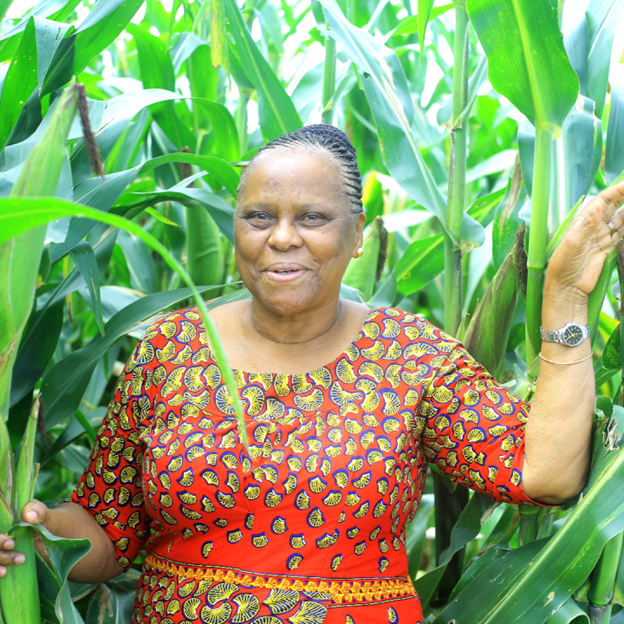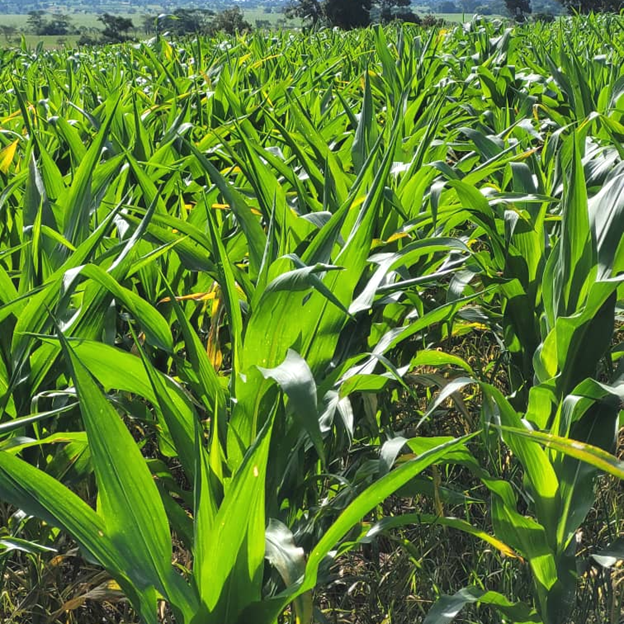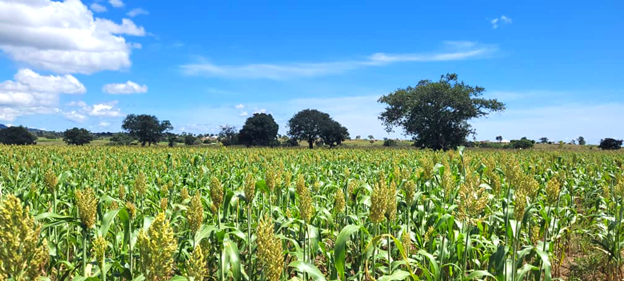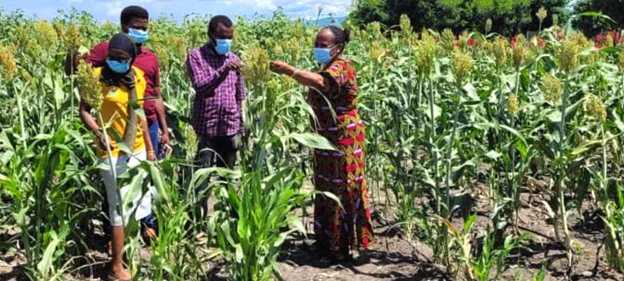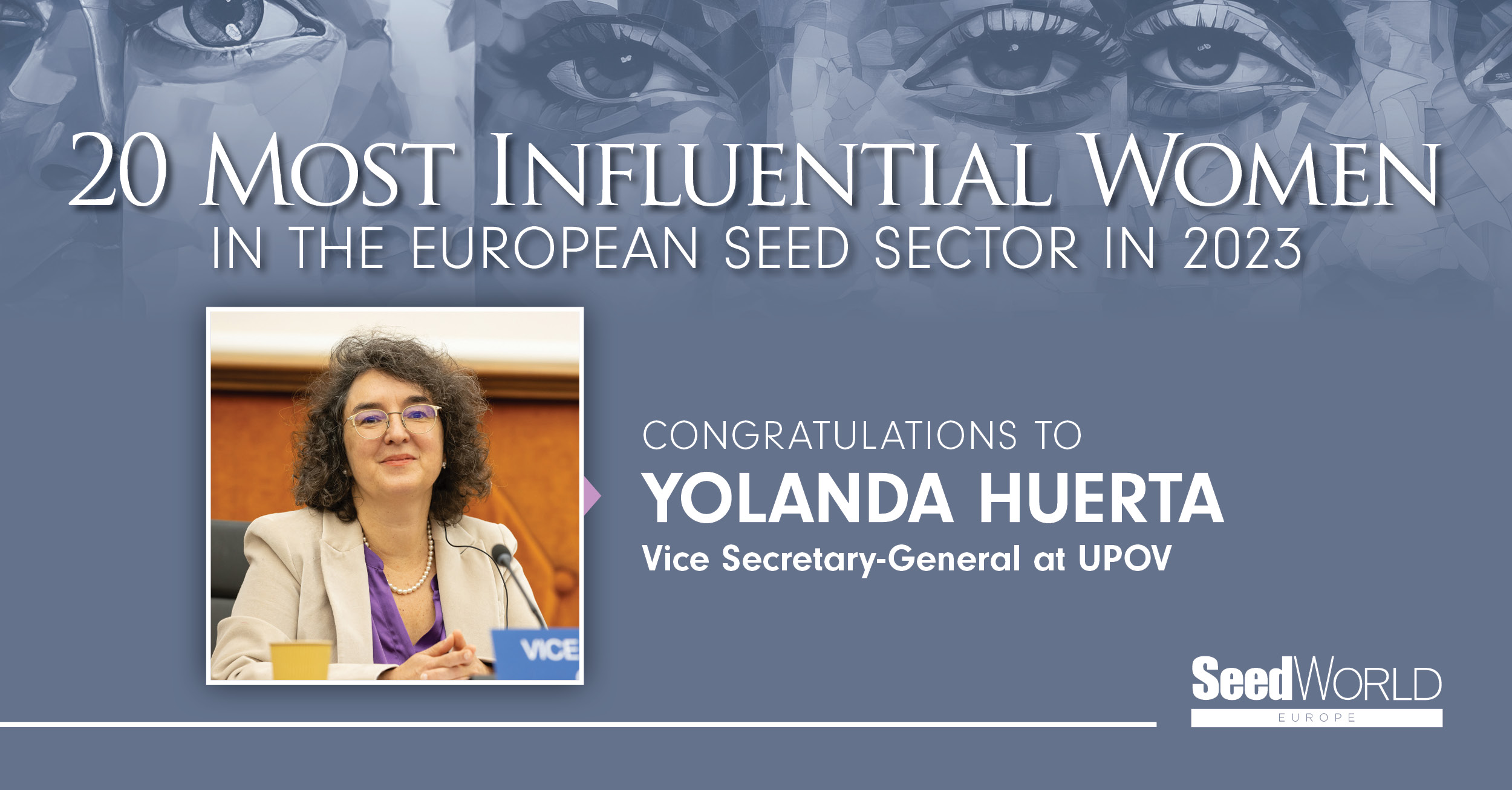Latest News
| Sep 16, 2024 | Braving the Odds: Dr. Mary Mgonja's Journey to Empower Smallholder Farmers in Tanzania Through Plant Breeding
Dr. Mary Mgonja In the Same district of Tanzania’s Kilimanjaro region, where Africa's highest peak- Mount Kilimanjaro rises, is the birthplace of Dr. Mary Mgonja—a renowned Tanzanian agricultural scientist, plant breeder, and founder of Namburi, a private agricultural enterprise. Growing up in the shadow of this majestic peak, Dr. Mgonja considered her dreams to be as lofty as the mountain itself- if not even higher. At an early age, she was determined to excel in a field viewed as challenging, particularly for women. "I didn't want to pursue something considered easy or simple. There's a saying that women have to work twice as hard to be seen as half as good. So, I chose plant breeding and genetics—the most challenging fields in agriculture—because I knew I was capable of excelling, no matter how difficult the path." - Mary Mgonja And that’s exactly what she did. Her academic excellence got her into a PhD in plant breeding and genetics. She later held senior roles at the International Crops Research Institute for the Semi-Arid Tropics (ICRISAT), the Alliance for Green Revolution in Africa- AGRA, and Tanzania's Ministry of Agriculture, focusing on agricultural transformation, supporting smallholder farmers, and enhancing food security through the breeding of maize and sorghum varieties for Eastern and Southern Africa- crops which are essential in this region. Dr. Mgonja has been a vocal advocate for plant breeding and plant variety protection, highlighting its importance for both breeders and farmers. Improved plant varieties lead to higher yields, better resistance to pests and diseases, and greater resilience to environmental stresses such as drought. These advancements are crucial, especially in countries like the United Republic of Tanzania, where agriculture is the backbone of the economy and the primary source of livelihood for much of the population. Plant variety protection upholds breeders' rights, fostering innovation and investment in new crop varieties, benefiting breeders with more options and profits, while providing farmers access to high-quality seeds to boost productivity. The United Republic of Tanzania joined the International Union for the Protection of New Varieties of Plants (UPOV) in 2015, aligning its Plant Breeders’ Rights Act with UPOV's 1991 Convention. This legal protection for plant breeders promotes resilient crops, boosts profits, and enhances food security and productivity. Dr. Mgonja highlighted a success story of licensing public-sector maize hybrids, which allowed her company- Namburi to produce high-quality, affordable seeds, making improved hybrids more accessible to farmers. “Because the seed production is being done in the country, this hybrid seed is half the price of others being imported. Our selling price is $2, per kg, while the others are being sold at $3 or $3.5. This is the impact of having this variety being protected and licensed to local seed companies. Most of these local seed companies do not have varieties of their own, so they can access these varieties through licensing.”
Dr. Mary Mgonja’s maize farmlands Her maize hybrids – protected varieties licensed through public-private partnerships - have been a game-changer, and are used by over 15,000 farmers, spanning over 30,000 acres of farmlands. These hybrids have led to significant increases in productivity, directly contributing to improved food security and economic stability for thousands of families. She also developed drought-tolerant sorghum hybrids, reaching 23,000 farmers and offering a climate-smart solution against climate change. Her protected sorghum varieties have also been valuable to the brewing industry, benefiting 8,000 smallholder farmers through guaranteed commercialization of their harvests.
Dr. Mary Mgonja’s sorghum farmlands "Plant variety protection helps me ensure that farmers I’m working with receive the authentic varieties they pay for, safeguarding them from counterfeit seeds. This protection not only preserves the integrity of my work but also guarantees that farmers benefit from the high-quality, resilient crops they rely on."- she shared. Central to Mary's plant breeding approach is understanding farmers’ needs and market demand, while ensuring crop varieties meet both agricultural and industry requirements. Her partnerships have enabled more than 40 demonstration fields to be established in different regions of the country for farmers to see and learn how her varieties perform. Today, Namburi produces 300 metric tons of maize seed annually, reaching 15,000 farmers, and 50 tons of sorghum seed benefiting 23,000 farmers, including farmers contracted for certified seed production.
Mary speaking to some of her farmers Her vision is to expand her business further and train smallholder farmers to utilize improved varieties for the evolving market. Dr. Mgonja's journey in plant breeding demonstrates perseverance, the power of education, and the impact one person can have on an industry. Her work has empowered Tanzanian smallholder farmers, set standards for innovation, and continues to transform the country’s agricultural landscape, securing a brighter future. |
| Apr 29, 2024 | Launch of the UPOV International Certificate on Plant Variety Protection
The Office of the International Union for the Protection of New Varieties of Plants (UPOV) is pleased to announce the launch of the UPOV International Certificate on Plant Variety Protection (UPOV PVP Certificate). UPOV has launched the UPOV PVP Certificate program to promote the acquisition of knowledge and recognition of expertise, as well as opportunities for continuous learning on PVP matters, connecting peers and creating expert networks.
Why a UPOV PVP Certificate? The UPOV PVP Certificate provides international recognition of knowledge and expertise in PVP matters. Holders of the UPOV PVP Certificate demonstrate to have followed a certain number of courses and contributed to activities concerning the UPOV Convention and its guidance, operation of a PVP Office and examination of applications, including DUS examination. Who can obtain a UPOV PVP Certificate? Participation to the UPOV PVP Certificate program is open for government officials from UPOV members and observers (see list of UPOV members: https://www.upov.int/edocs/pubdocs/en/upov_pub_423.pdf; and observers: https://www.upov.int/members/en/observers.html). Participants from the private sector will be welcome, subject to fee payment, in the next release of the program planned for 2025. How does it work? The UPOV PVP Certificate will be awarded for persons that acquire at least 50 credits from UPOV-endorsed training. The list of endorsed training of the UPOV PVP Certificate program and application form is provided at the UPOV PVP Certificate webpage. UPOV members providing training on plant variety protection are invited to join the UPOV PVP Certificate program The UPOV PVP Certificate program was established to support UPOV members providing training on plant variety protection. If you are an authority, organization or academic entity in a UPOV member providing training on plant variety protection, you are invited to propose its inclusion in the UPOV PVP Certificate program. Please contact the UPOV Office for further information at upov.mail@upov.int |
| Mar 8, 2024 | Vice Secretary-General in top 20 most influential leaders in seed sector
International Union for the Protection of New Varieties of Plants celebrates recognition of Vice Secretary-General among most influential leaders in seed sector Record number of new protected plant varieties and the expansion of UPOV membership with Armenia and Ghana highlight the impact of UPOV under the leadership of Yolanda Huerta. Geneva, March 8, 2024. The list of 20 most influential women in the seed sector announced today by the specialized press recognizes the importance of the Vice Secretary-General Yolanda Huerta for the work of UPOV. “I am inspired by this recognition in the context of the importance of plant variety protection to address the needs and aspirations of farmers, growers and society, for instance, with new varieties that resist the diseases introduced by global warming. We are working together with more countries to enable these developments, as illustrated by the recent accessions of Armenia and Ghana to the worldwide UPOV community,” said Ms. Huerta. More than 160.000 new protected varieties are available within the 79 members of UPOV, covering 98 States, with a rate of innovation surmounting 27.000 new candidate varieties in 2022. Many of these improved plant varieties are reaching farmers and growers through public-private partnerships and SMEs, increasing investments in agriculture and horticulture (examples at: https://www.upov.int/about/en/benefits_upov_system.html). The broad recognition of Yolanda Huerta’s influential role in the seed sector was welcome by her collaborators, often describing her enthusiasm and passionate leadership style as bringing the best out of people. “Seeing the bigger picture brings focus to her daily work,” described a teammate. 20 Most Influential Women in the EU Seed Sector in 2023 - Seed World
|
